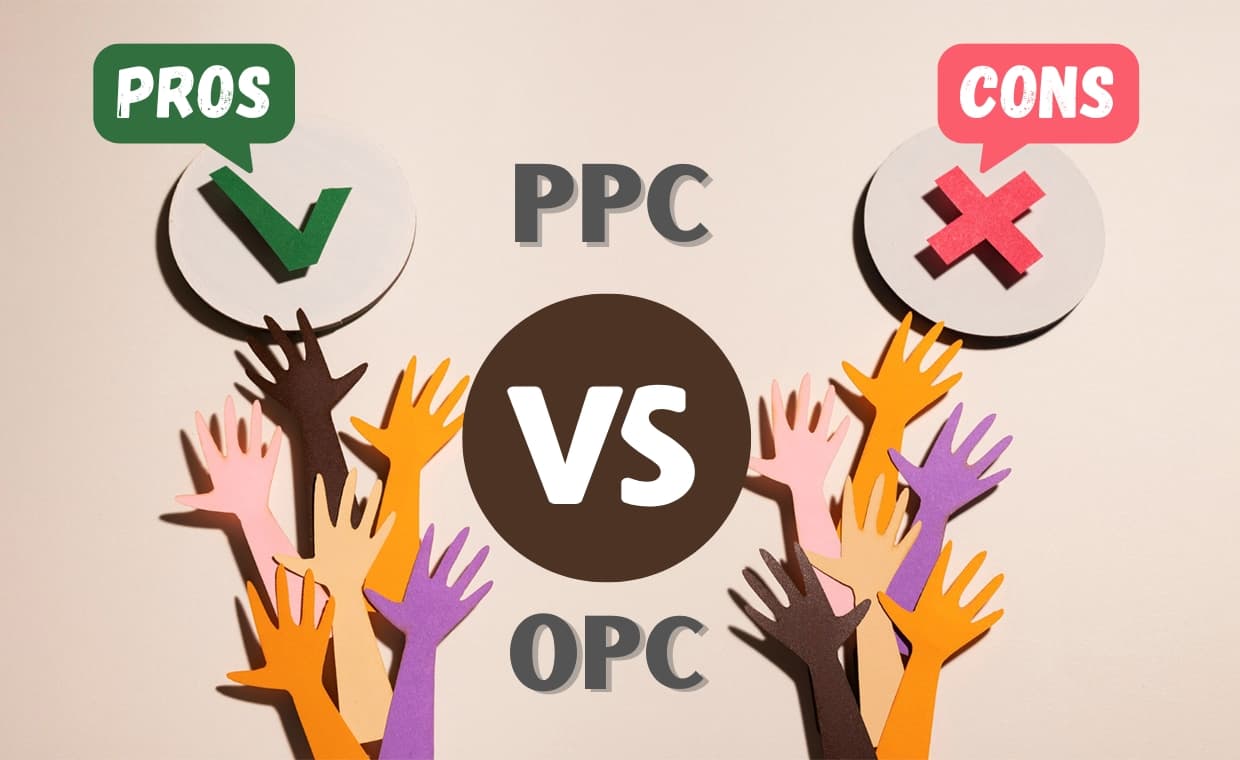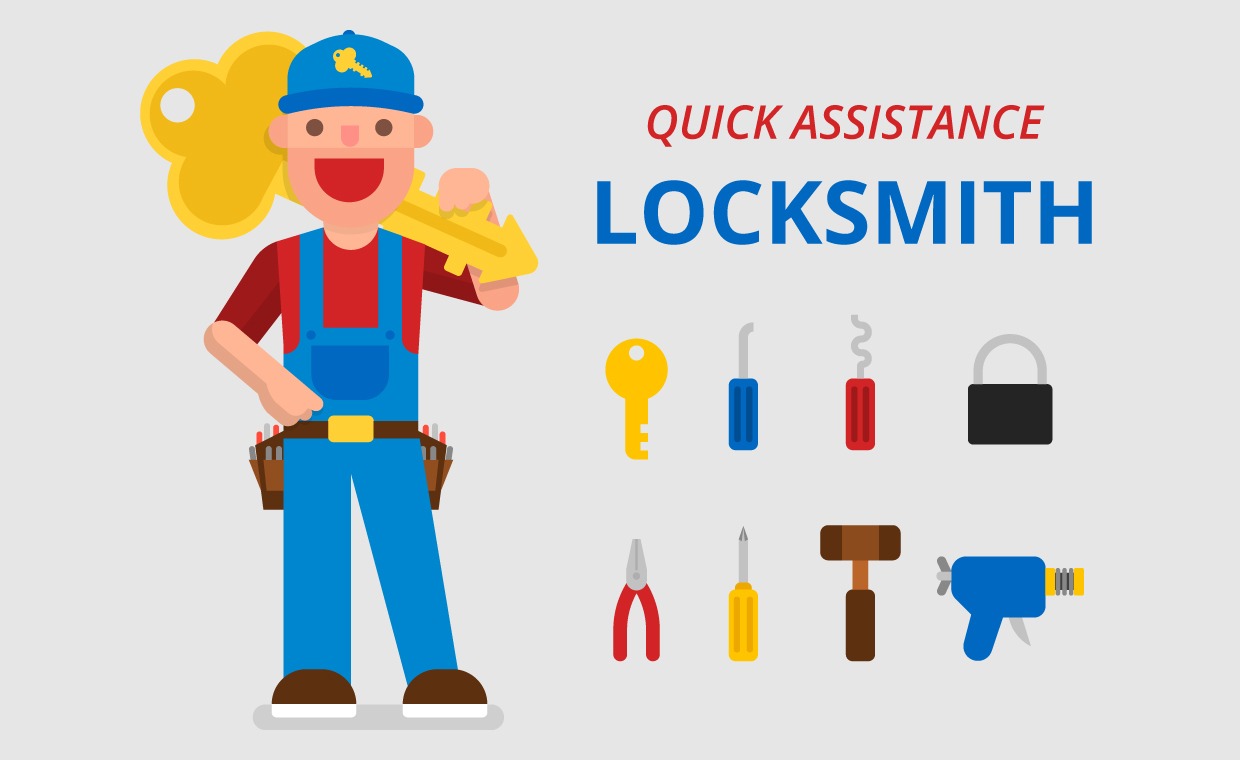
Table of Contents
Quick Summary
- This article discusses the pros and cons of PPC and OPC cement to help you choose the right one for your construction needs.
- It explains how PPC offers better durability, eco-friendliness, and cost savings, while OPC provides quicker strength gain and easy handling.
- The piece highlights their uses in different works such as plastering, mass concreting, and structural applications.
- You’ll also learn how hydration heat, permeability, and setting time differ between the two.
- By understanding their unique characteristics, builders and homeowners can make smarter material decisions for long-lasting results.
Today, Cement is the most commonly used cementing material in construction. Cement is the soul of all modern construction. Generally, two types of cement are available in market: Ordinary Portland Cement (OPC) and Portland Pozzolana Cement (PPC). Both cements are used in constructions. However, some pros and cons of PPC over OPC are listed below.
Pros of PPC over OPC

01. The heat of hydration of PPC is lower than that of OPC. Hence it is the best choice for mass concreting.
02.PPC has higher fineness than OPC. Therefore, it has lower permeability and as a result it has high durability.
03. PPC has high durability than OPC which means the structure will last longer and have longer life.
04. PPC is more resistant towards the attack of sulphates, alkalis, chlorides and chemicals as compared to OPC.
05. PPC is environment friendly as it utilises the by-products from the coal fired thermal stations. Therefore, it is green material, hence ecofriendly and helpful in achieving green rating.
06. Concrete produced by using PPC is more cohesive. It can be easily pumped.
07. PPC is cheaper and more sustainable as compared to OPC.
08. The pozzolana present in the cement increases the fineness and decreases the water content in the cement. Hence it saves the cost of admixtures.
09. PPC cement prolongs the setting time of concrete, hence help in better finishing of concrete.
10. PPC is best suited where strength is not so important or critical. Hence it is more suitable for plaster, masonry and mortar work. On the contrary, OPC if used in plaster, may develop shrinkage cracks.
11. PPC saves limestone, a useful natural resource.
Also Read: Different types of cement and their purpose.
Cons of PPC over OPC

01. Setting time of PPC is less than OPC.
02. PPC is difficult to handle due to its high fineness.
03. Its initial strength is lower than OPC. Hence props cannot be removed early.
04. Curing period of PPC is little lower than OPC.
Conclusion
Both PPC and OPC cements serve important roles in construction. PPC stands out for its long-term strength, eco-friendliness, and cost benefits, while OPC is ideal when early strength and faster setting are needed. The right choice depends on your project type, budget, and performance requirements.
Also Read: Make a right choice between Ordinary Portland Cement (OPC) and Portland Pozzolana Cement (PPC).
FAQs: Pros and Cons of PPC and OPC Cement
Q1. What are the main pros and cons of PPC and OPC cement?
PPC is more durable and eco-friendlier but gains strength slowly, while OPC achieves early strength but is less sustainable.
Q2. Which cement is better for long-term durability?
PPC is better for durability due to its low permeability and resistance to chemical attacks.
Q3. Which cement type sets faster?
OPC sets faster and gains early strength, making it ideal for time-sensitive projects.
Q4. Is PPC cement more cost-effective?
Yes, PPC is usually cheaper and makes use of industrial by-products, making it a sustainable choice.
Q5. Where should OPC cement be preferred?
OPC is recommended for structural work like bridges, high-rise buildings, and precast elements that require early strength.






























